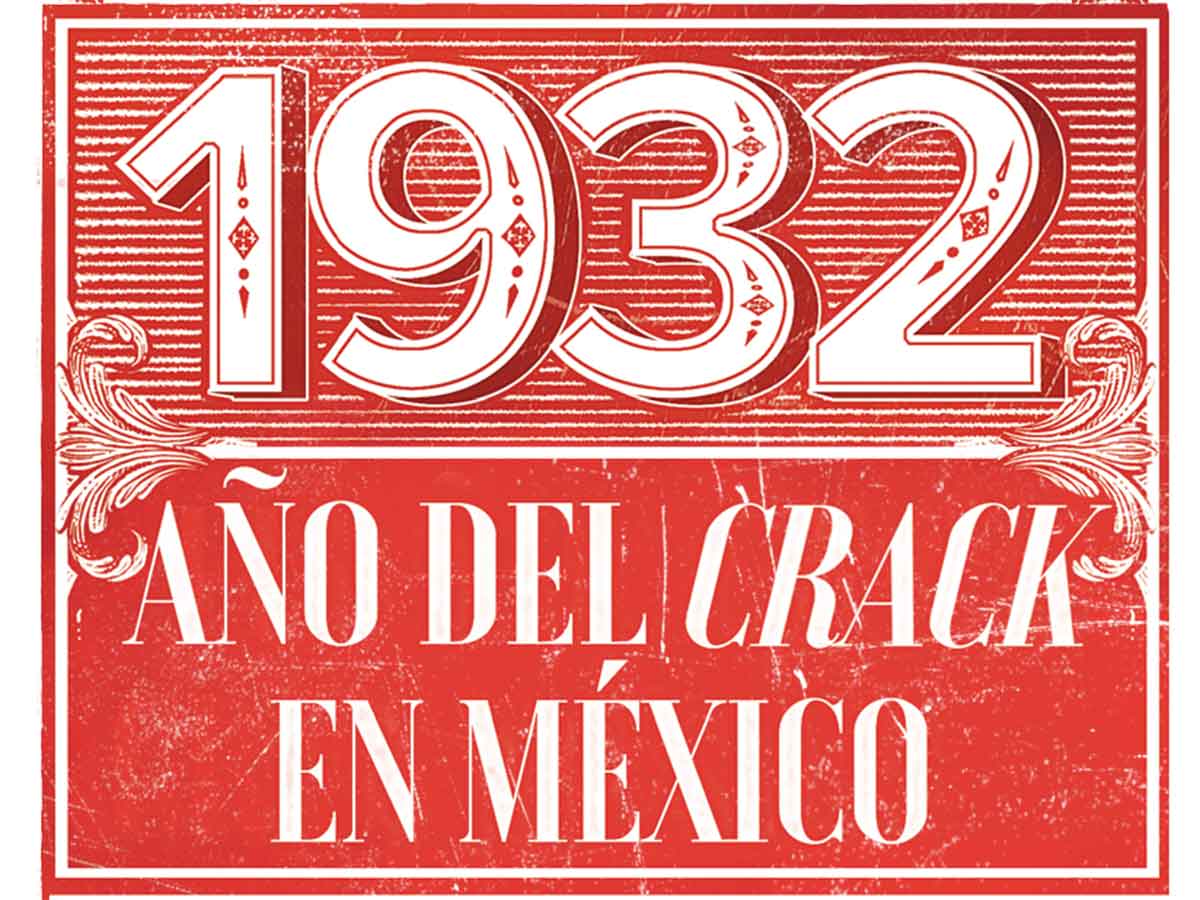The Central Bank pointed out that in a scenario of deep ‘U’, the national GDP will fall 12.8%

Mexico will have this 2020 its worst economic contraction in since 1932 , according to the new forecast of the Bank of Mexico (Banco de México).
The Central Bank estimates that, in the best scenario , with a recovery type ‘V’, the economy will fall 8.8% this 2020, derived from the hit by the COVID-19 pandemic.

At worst , with a behavior of a ‘deep U’, the Gross Domestic Product (GDP) will sink 12.8 percent.
The other scenario proposed by Banxico, with a deep ‘V’ type recovery, contemplates a fall of 11.3 percent.
In any case, the country will see a contraction of levels not registered since 1932, when it fell by more than 14 percent, according to the document Statistical Series of the Mexican Economy in the 20th Century from the UNAM Faculty of Economics.
The institution emphasized that, because the new coronavirus pandemic is still in process , the country’s economic activity still faces a high degree of uncertainty.
“The duration of the pandemic is still uncertain, which, in turn, implies uncertainty about the duration and depth of the containment and social distancing measures that will be necessary to maintain or their medium and long-term repercussions on the economy” stated in its Quarterly Inflation Report for April-June 2020.
The Banxico emphasized as risks to take into account the registration of new outbreaks of COVID-19 and the time in which a vaccine against the disease reaches the market.

“In addition, it is possible that the reactivation presents ups and downs and intermittences, particularly from a higher frequency vision, and that, as a result of differences in the challenges faced for a full recovery, the dynamics between sectors and regions are not uniform” added.
Alejandro Díaz de León, governor of Banxico, also pointed out in a press conference that institutional and structural problems damage investment in the country.
The new estimates are released after the National Institute of Statistics and Geography (Inegi) published revised GDP data on Wednesday.
According to the data, the economy contracted 18.7 percent during the second quarter of this year.
Scenario for 2021
The Central Bank also updated its forecasts for next year. In the best scenario (type ‘V’), GDP will have a ‘rebound’ of 5.6 percent .
If the economy follows the behavior of a deep ‘U’, the recovery would be only 1.3 percent.
The third scenario contemplated by the institution, that of deep ‘V’, projects an advance of 2.8 percent.

job
The Central Bank improved its projections in this indicator when comparing it with what was published last May.
Banxico projects that between 1,100,000 and 750,000 jobs will be lost in the country. That represents an improvement over its previous forecast, which saw the destruction of between 1.4 million and 800 thousand jobs.
By 2021, the country could see job creation of between 100,000 and 450,000 jobs.
Inflation
The institution revised this indicator upwards and expects it to close 2020 at a level of 3.7 percent , from a previous forecast of 3.5 percent.
In this regard, Banxico pointed out that the adjustment, which will extend until the second quarter of 2021 , is due to “the revision considered for non-core inflation, associated with the upward behavior of energy prices.”
Current account
The Central Bank projects that the country’s current account could be between minus 6 and 5 billion dollars , which represents minus 0.6 and 0.5 percent of GDP, respectively.
In the previous report, the forecast was between minus 15.1 thousand and minus 3.1 billion dollars, that is, minus 1.5 and minus 0.3 percent of the economy.
Source: elfinanciero.com.mx





